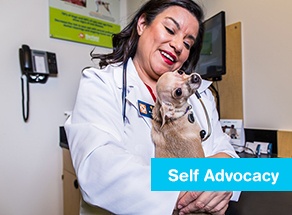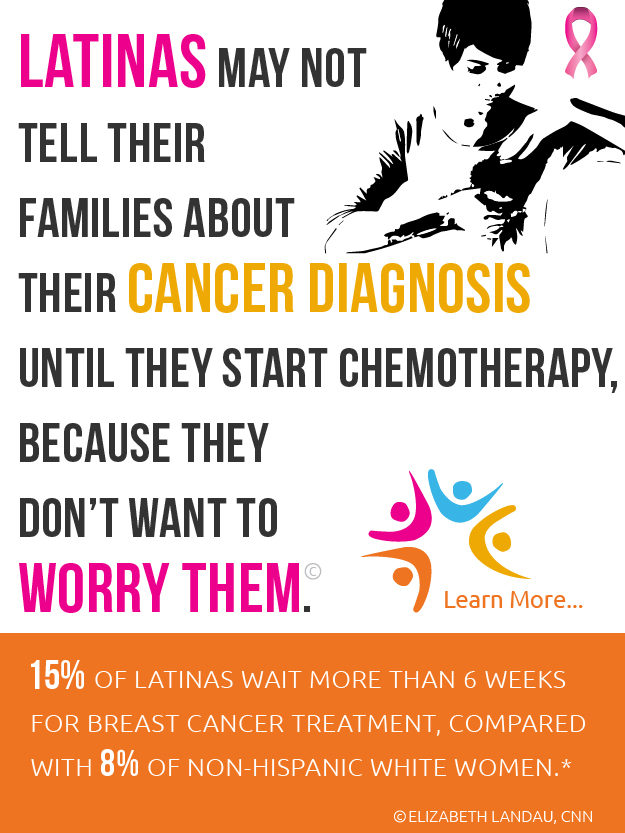Personalized Care
Hispanic Women Face Cardiovascular Disease Risk
06/07/2022 06:00am | 2495 viewsCardiovascular disease, or CVD, ranks No. 1 in causes of death for women overall, according to the American Heart Association (AHA). Yet only 1 in 3 Hispanic women are aware that heart disease kills women more than other causes, including cancer. And Hispanic women often develop heart disease 10 years earlier than their non-Hispanic counterparts, the AHA reports.
Personalized Care
Hispanics, Latinos and Type 2 Diabetes Care: Access, Economics, and Culture
15/06/2022 06:00am | 8185 viewsread morePersonalized Care
Idea of Superior Latino Health Outcomes May be False, New Study Suggests
13/06/2022 06:27am | 7598 viewsBy Carmen Sesin
Personalized Care
The Best Eye Health Tips for a Lifetime of Sharp Vision
22/04/2022 06:00am | 2413 viewsread moreFeatured Articles
 12 Ways to Have a Healthy Holiday Season
12 Ways to Have a Healthy Holiday Season
 Interpretation Services Now Available at Select Banfield Pet Hospital Locations
Interpretation Services Now Available at Select Banfield Pet Hospital Locations
 Keeping Your Skin Healthy and Beautiful As You Near Middle Age
Keeping Your Skin Healthy and Beautiful As You Near Middle Age
 Outsmart Fleas and Ticks with the Right Prevention for your Pet
Outsmart Fleas and Ticks with the Right Prevention for your Pet
 Floppy Ears, Short Noses – Your Pet’s Features May Need Special Care
Floppy Ears, Short Noses – Your Pet’s Features May Need Special Care
 You Brush Your Teeth Daily, but What About Your Pet’s?
You Brush Your Teeth Daily, but What About Your Pet’s?
- Community
- Associations
- Support Groups
- Newsletter Signup
-
- Career Center:
- Become a Partner
- Become a Mentor
- Terms and Conditions
Copyright 2024, Healthy Hispanic Living, All Rights Reserved.
Log in
Don't have an account? Sign up now- Community
- Associations
- Support Groups
- Newsletter Signup
-
- Career Center:
- Become a Partner
- Become a Mentor
- Terms and Conditions
Copyright 2024, Healthy Hispanic Living, All Rights Reserved.
Sign up
Have an account? Log InJoin Healthy Hispanic Living using your social account:
- Community
- Associations
- Support Groups
- Newsletter Signup
-
- Career Center:
- Become a Partner
- Become a Mentor
- Terms and Conditions
Copyright 2024, Healthy Hispanic Living, All Rights Reserved.


